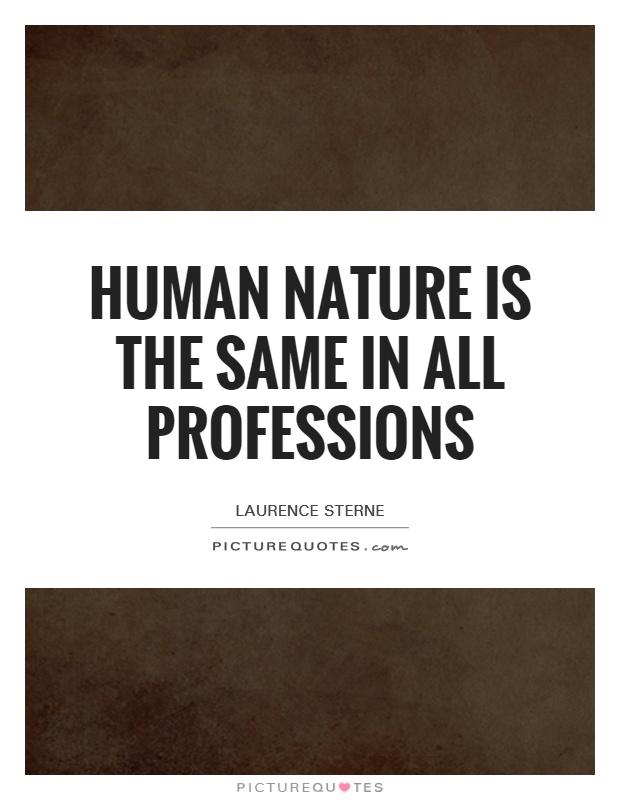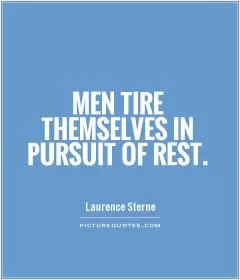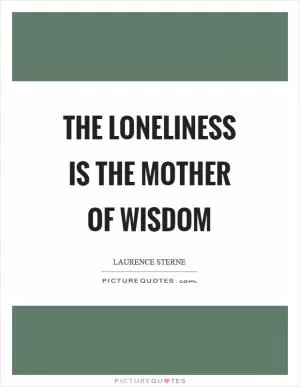Human nature is the same in all professions

Human nature is the same in all professions
Laurence Sterne, the renowned 18th-century English novelist and clergyman, is best known for his groundbreaking work "The Life and Opinions of Tristram Shandy, Gentleman." In this novel, Sterne explores the complexities of human nature through the eccentric and humorous character of Tristram Shandy. Despite the novel's focus on the life of a gentleman, Sterne's portrayal of human nature transcends social class and profession, revealing that the fundamental traits and tendencies of individuals are universal.One of the central themes in Sterne's work is the idea that human nature is inherently flawed and unpredictable. This notion is exemplified through the character of Tristram Shandy, whose life is marked by a series of mishaps and misfortunes that are often beyond his control. Through Tristram's experiences, Sterne highlights the fragility and vulnerability of human nature, regardless of one's profession or social standing.
Moreover, Sterne's exploration of human nature extends beyond the individual to encompass broader societal issues. In "Tristram Shandy," Sterne satirizes various professions and institutions, such as the medical profession and the clergy, exposing the hypocrisy and absurdity that can exist within these fields. By doing so, Sterne demonstrates that human nature is susceptible to corruption and deceit, regardless of the profession one may hold.
Furthermore, Sterne's portrayal of human nature in "Tristram Shandy" is characterized by its complexity and nuance. Through his use of humor, irony, and digression, Sterne captures the multifaceted nature of human behavior, showing that individuals are capable of both virtue and vice, often simultaneously. This nuanced depiction of human nature underscores Sterne's belief that individuals are not defined by their profession, but rather by their actions and choices.












 Friendship Quotes
Friendship Quotes Love Quotes
Love Quotes Life Quotes
Life Quotes Funny Quotes
Funny Quotes Motivational Quotes
Motivational Quotes Inspirational Quotes
Inspirational Quotes